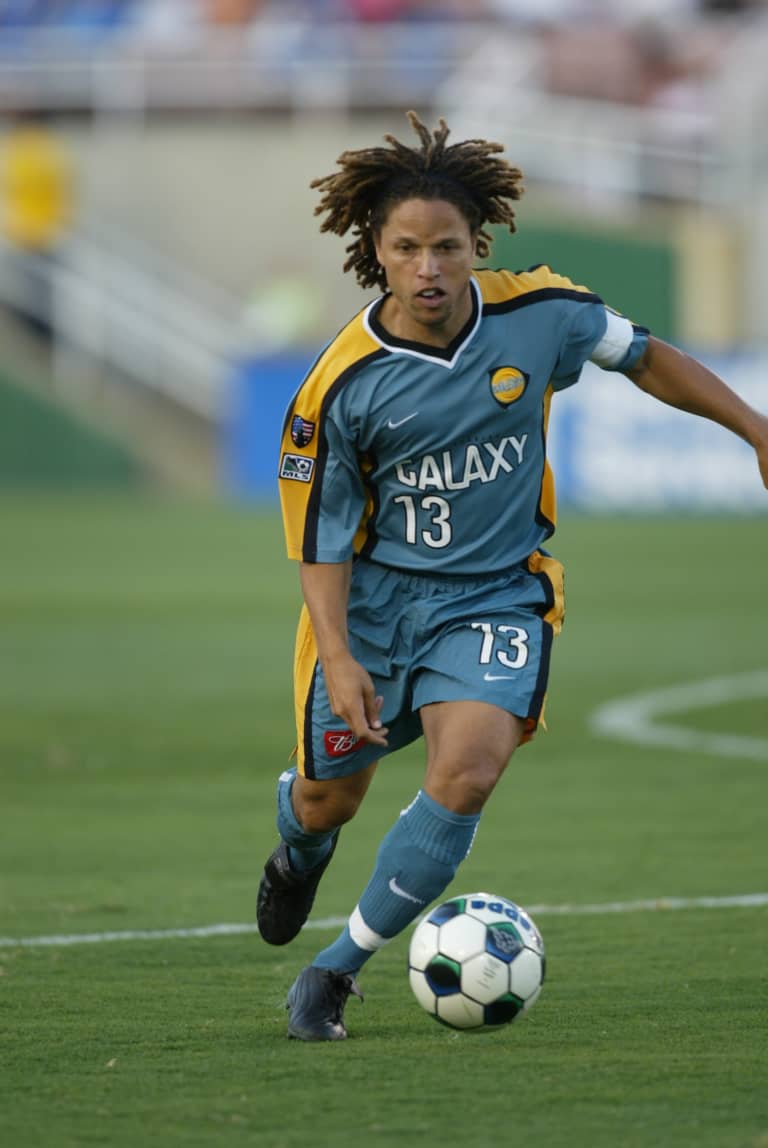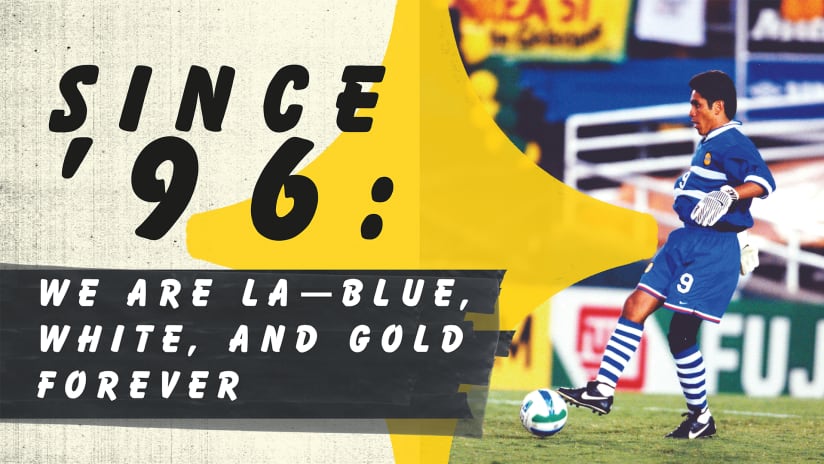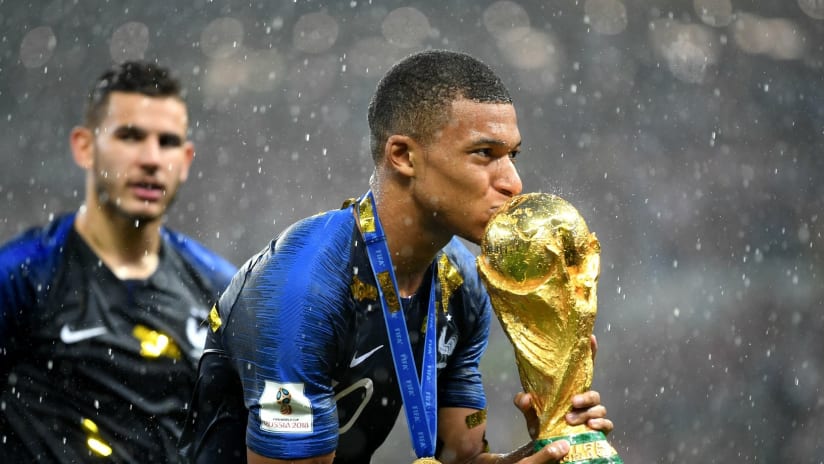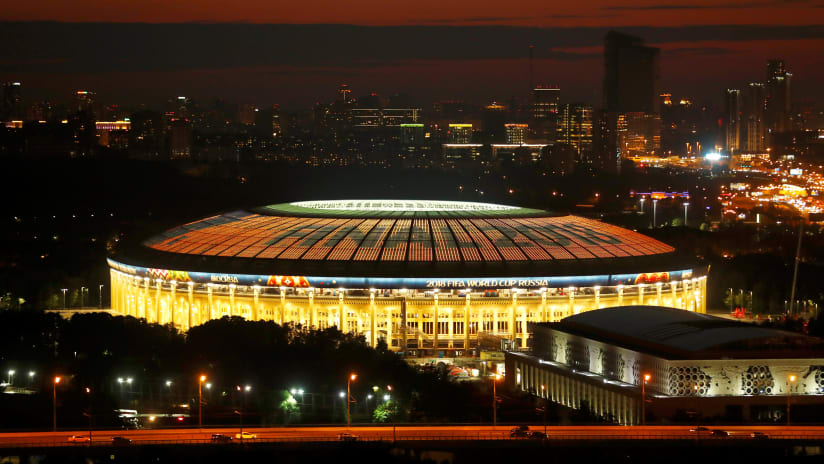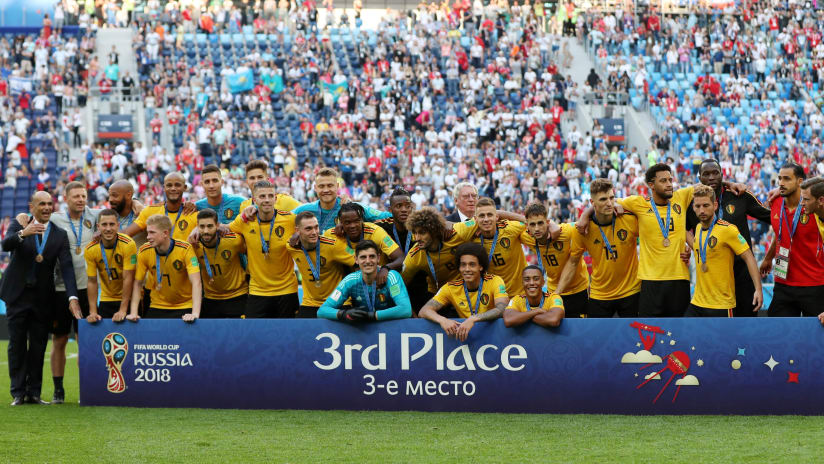“Soccer’s not a game you can buy with advertising,” said Ozzy Gomez, an immigrant from Argentina and club president of the Galaxians, the club’s first official fan club. “People will go because they feel it in their heart.”
That was in 1996, our first season, and it’s an ethos that has carried through ever since. Through good times and bad, highs and lows, tradition is something that goes a long way in sport, even more so in this game.
For many in this city, soccer is fútbol. It is more than just a game for high school, a recreational game politely played on manicured fields in front of hyped- up moms and dads on sunny bleachers, fútbol is about history. It’s a culture in-and-of-itself. It had been a way of life way before 1994, when the American people got to experience the game on a world stage for the first time.

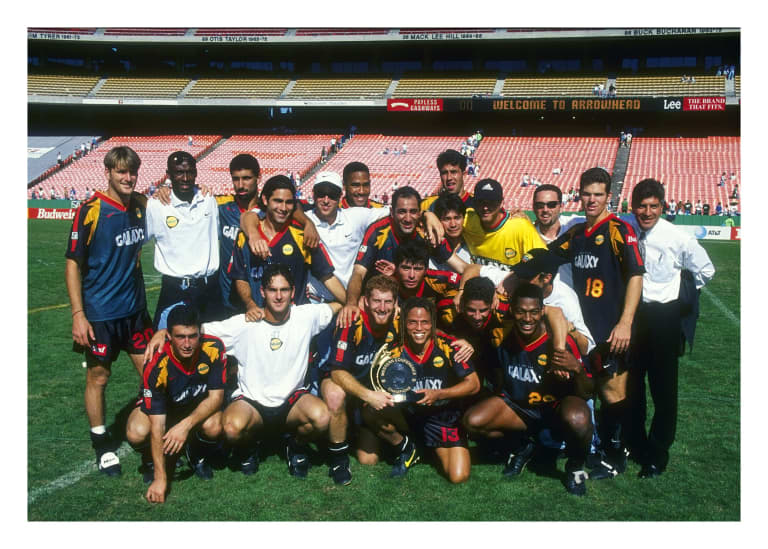
The World Cup Final in the Galaxy’s first spiritual home, Pasadena’s Rose Bowl, Brazil v Italy—does it get more World Cup than that? The sun beating down upon the best players on the planet, culminating in one of the sport’s all-time most heartbreaking climaxes... Roberto Baggio, the Italian icon, his side’s most outstanding player, blazing the deciding penalty kick over the bar, losing the final, before sinking to his knees. Admittedly not a great day for Baggio, whose glittering career has inevitably been reduced to a single miss by some, but for Angelenos, soccer—and fútbol—was set.
Almost two years later, in Major League Soccer’s inaugural season, we were there. One of the original ten teams. The 1996 season that almost ended in glory, the Galaxy falling at the final hurdle against D.C. United in October’s MLS Cup final. But you know what? That’s how you make a good narrative: in Hollywood, a straight shot to the top won’t be getting any asses on seats. You need a little adversity to make your path to glory that little bit sweeter... That’s our story, anyway, and we’re sticking to it.
That original team was packed full of legends: heavyweight Ecuadorian striker Eduardo “El Tanque” Hurtado, Salvadoran pass-master Mauricio Cienfuegos, the diminutive playmaker who made almost two hundred appearances for the team, and legendary Mexican goalkeeper Jorge Campos, the number nine who was number one between the sticks, noted for his flamboyant style of shot-stopping and his eye-catching shirts (often designed by Campos himself). But probably none typify what Galaxy means quite as much as a boy born in Detroit, raised in Southern California, who spent eleven years at the heart of the team…
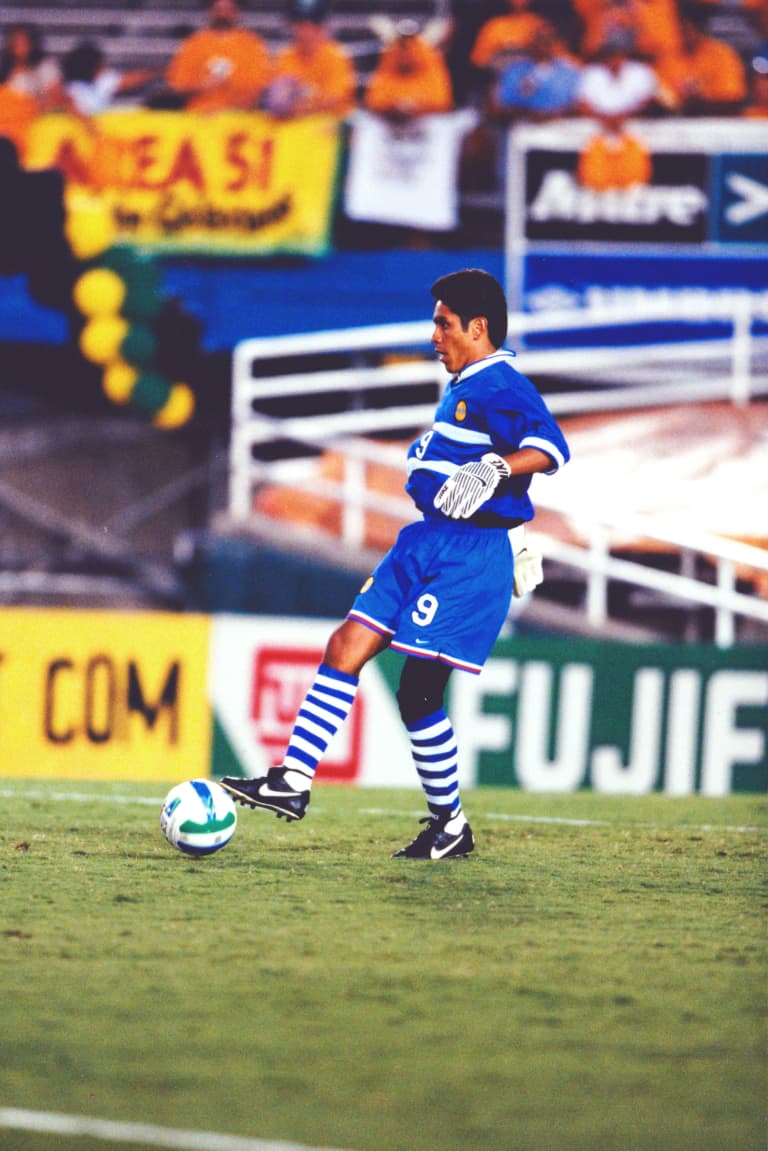
Cobi Jones’ impact on the Galaxy goes beyond numbers, beyond stats. He was the club’s first goal scorer in its first-ever game, and brought levels of American participation in soccer to new heights on his way to becoming the all-time leader in caps for the USMNT and earning a spot in the National Soccer Hall of Fame. Jones was a top-quality player before the country even had an organized professional league. Cobi came first: everyone else travelled in his wake.
In the years since 1996, we’ve seen rivals come and go. Pretenders and supposed heirs to the throne gone by the wayside, while we have prevailed. Twenty-two years later, we’re still the team everyone wants to beat, the marker against which all other sides are judged. Repping 4 million in Los Angeles, 40 million in California, and many more around the world, repping soccer at every level, repping the attitude this town is known for, and the fans from countless countries and cultures that make it go round. That’s not easy. But you know what else ain’t easy? Five MLS Cups, four Supporters’ Shields, and, in 2000, a CONCACAF Champions League—one of only two American teams to win the trophy. Team that with some of the biggest signings MLS has ever seen, three of the country’s most renowned supporters’ groups in the LA Riot Squad, the Angel City Brigade, the Galaxians, and, of course, Landon Donovan, the man generally regarded as the greatest American men’s soccer player of all time.
That’s a whole lot to be proud of.
